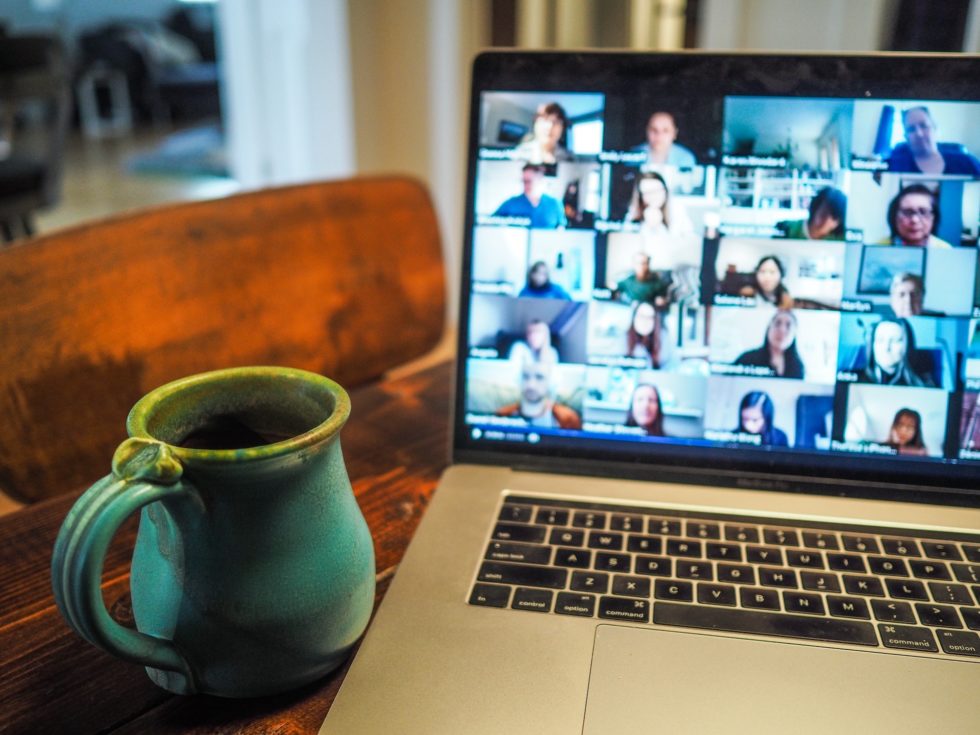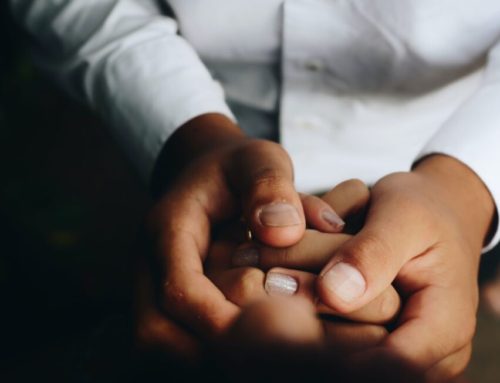For decades, leaders and volunteers at Chai Lifeline have dedicated their resources, time, and effort to supporting children and families through stress and illness. The organization’s central tenets call for its members to engender hope and optimism wherever they go, educate and involve communities in the care of sick children and their families, and, above all, to live the ideals of compassion and kindness inherent in Jewish life and culture.
Enmeshed as we are in the uncertainties of a global pandemic, Chai Lifeline’s mission to support and uplift those struggling with illness and stress has never been more important.
Recognizing this, the nonprofit has begun to search for new ways to connect, inspire, and aid those who need their support the most. They launched a fundraising campaign to support families who have been heavily impacted by the pandemic and accelerated the work that the organization does during ordinary times. These include safely delivering meals to immunocompromised children and offering personalized case management to young patients with complex health needs. In early April, Chai Lifeline’s Canadian branch even deployed a “Toy Tank” to deliver puzzles, games, and toys to dozens of families.
But Chai Lifeline understands that true support encompasses more than practical assistance. To that end, the nonprofit has launched a COVID-19 lecture series entitled Going Through It, Growing Through It: Torah Perspectives and Mindful Coping In the Age of COVID-19.
Leaders for the initiative describe it as “a new lecture series offering divrei chizuk, psychological, and practical guidance during the current health crisis. The series will include video and audio recordings of renowned rabbanim, speakers, and mental health experts, as well as members of Chai Lifeline’s crisis intervention team, Project Chai.”
As of writing, this series encompassed ten episodes, all of which are freely available to peruse online. I’ve provided a summary of each here, and you can visit Chai Lifeline’s website if you’re interested in learning more.
Episode 1: Going Through It, Growing Through It (Part 1)
This inaugural episode provides the first half of Chai Lifeline’s introduction of its video series. The video features commentary from several of the organization’s leaders, including Rabbi Eytan Feiner, Rav of the White Shul and Morah D’Asra of Camp Simcha, and Rabbi Dr. Dovid Fox, the Project Chai Director of Interventions and Community Education.
Episode 2: Going Through It, Growing Through It (Part 2)
The second part of Chai Lifeline’s pilot continues its introduction with input from noted educator and lecturer Yael Kaisman and Project Chai Associate Director Zahava Farbman, MSW, Ph.D. Candidate.
Episode 3: Coping With COVID-19 Anxiety
In the third episode of Chai Lifeline’s series, Dr. David Pelcovitz, a globally-renowned child psychologist and lecturer, offers a few strategies for children and families who are coping with anxiety.
Episode 4: Coronavirus, Couples, and Coping
Psychotherapist and KESHER Marriage Education Co-founder, Lisa Twerski, provides advice for how couples can productively handle stress and co-living during the pandemic.
Episode 5: How Do I Know If My Stress Is Too Much?
Dr. S. Shalom Feinberg, a well-respected associate clinical professor of psychiatry at Albert Einstein College of Medicine, discusses the warning signs of overstress and provides insights into how people can constructively manage their anxiety during COVID-19.
Episode 6: Creative Tools for Parents With Anxious Children
Rivki Jugreis, an adult, adolescent, and child psychotherapist, puts forth a parenting toolbox designed to help support anxious children during trying times.
Episode 7: The Challenge of Being a Yeshiva Student Stranded at Home
Psychotherapist Rabbi Avi Tenenbaum provides insights into the challenges and opportunities that the current pandemic poses to Yeshiva students who are stuck at home.
Episode 8: “PQSD:” Red Flags and Resilience in Quarantined Children
Dr. Harvey N. Kranzler, a clinical professor of psychiatry and behavioral sciences at the Albert Einstein College of Medicine, gives an overview of how ADD, ADHD, OCD, anxiety, and mood disorders may impact children during the pandemic.
Episode 9: Personal Growth Through Personal Goals
In this episode, Rabbi Avrohom Union, the Rabbinic Administrator of the Rabbinical Council of California, makes a few suggestions for men on establishing personal and religious goals during trying times.
Episode 10: Returning as a Community
In the latest installment of Chai Lifeline’s video series, HaRav Ahron Lopiansky, Rosh HaYeshiva of the Yeshiva of Greater Washington – Tiferes Gedaliah — speaks on how families can prepare themselves for communal and congregational life once the pandemic passes.
This post originally appeared on Debrah Lee Charatan’s Philanthropy blog.
If you are interested in a specific topic, check out the video series on Chai Lifeline’s blog.






